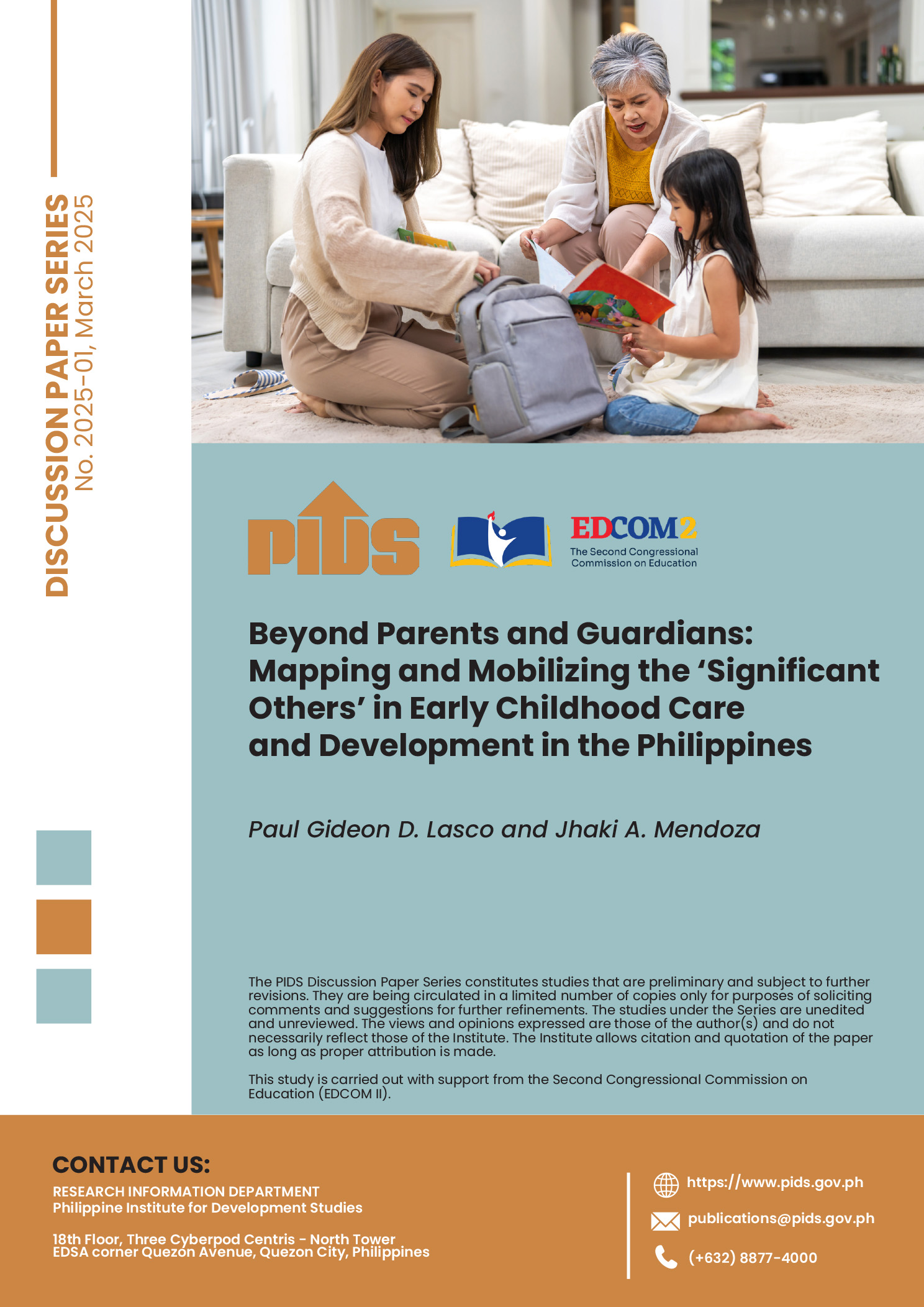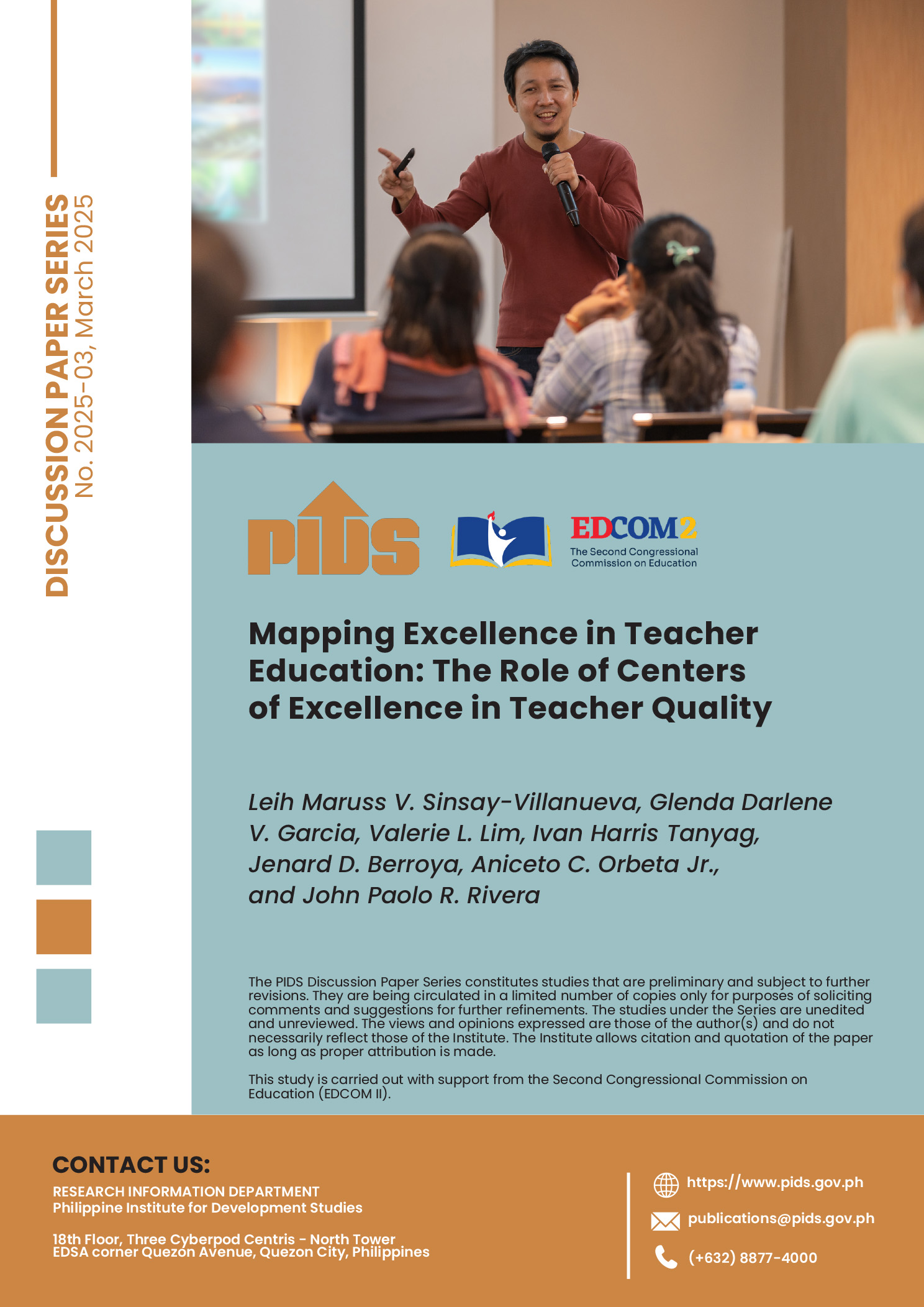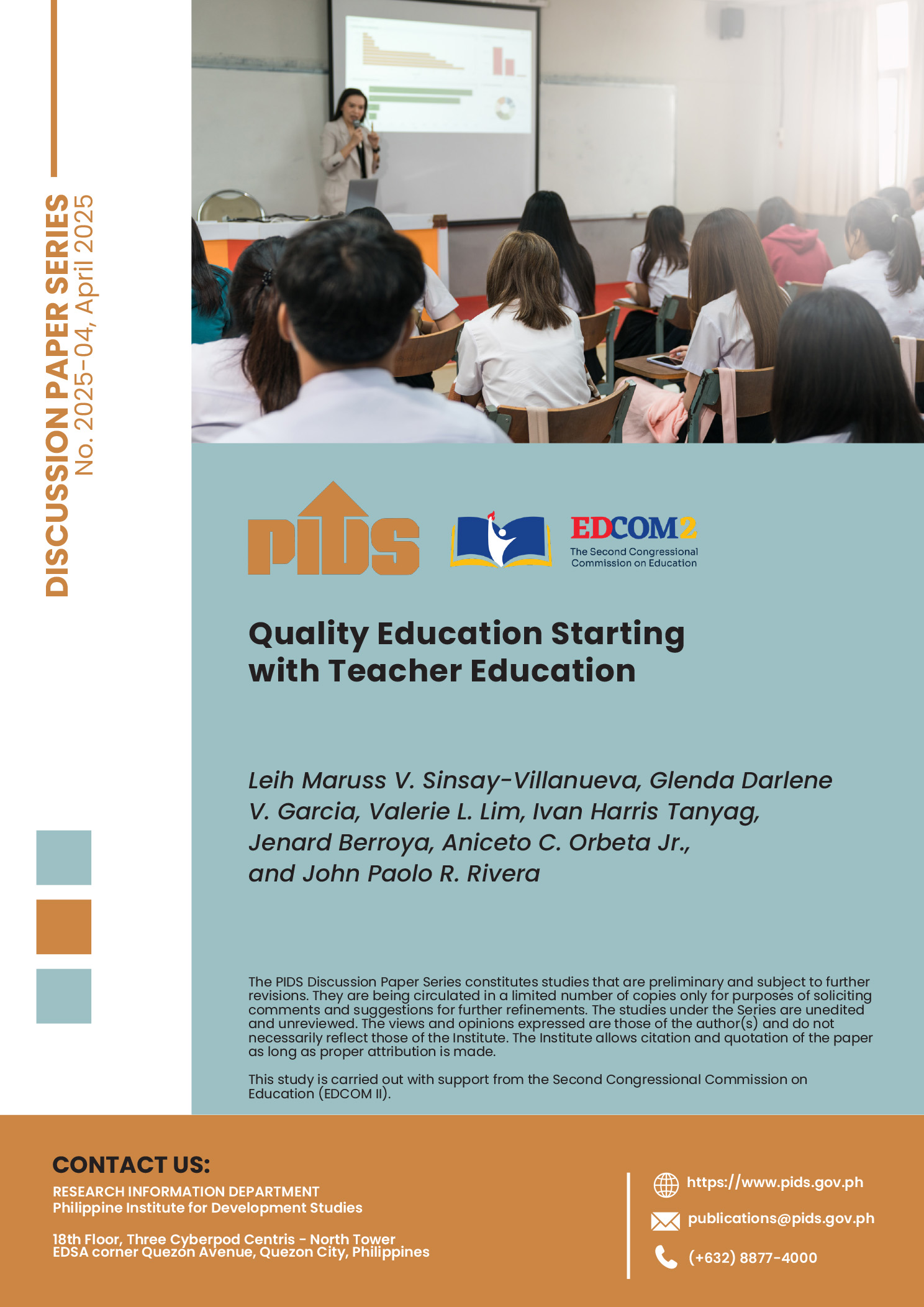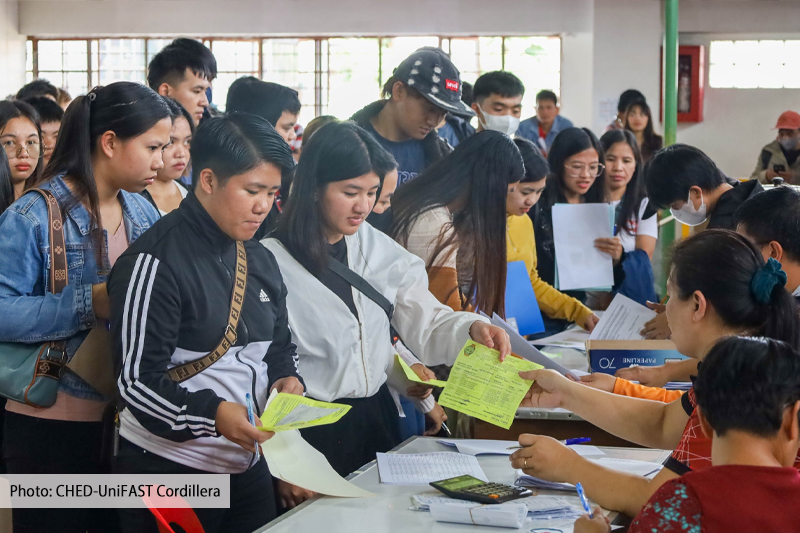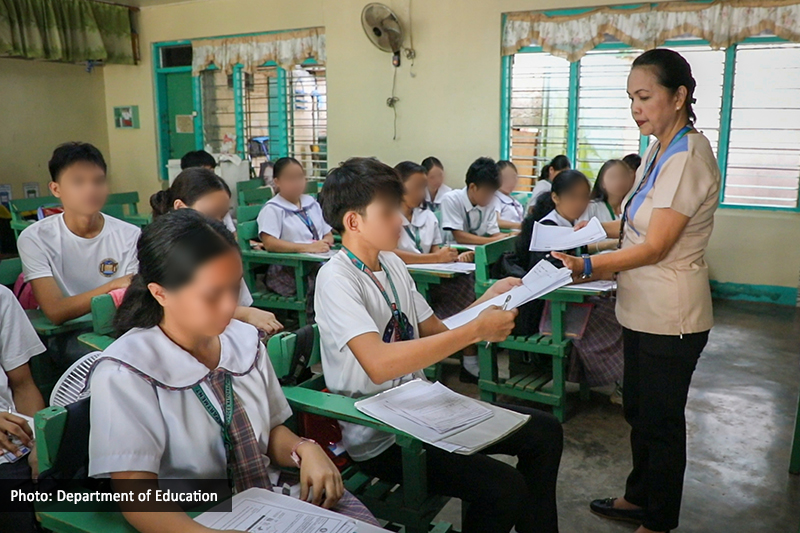UN children’s agency UNICEF joins millions of learners, teachers and education advocates as children go back to school today. UNICEF commends the Department of Education and the BARMM Ministry of Education for getting children back into schools after the COVID-19 pandemic and launching the new K-10 Curriculum focused on foundational skills. The UN children’s agency encourages officials to prioritize early learning, strengthen parental engagement, and intensify local actions tied to the national MATATAG agenda.
“The learning crisis affects vulnerable children the most and is a major driver of intergenerational poverty and inequality. The futures of millions of children in the Philippines hang in the balance. While the learning crisis is a global challenge, it is not an impossible one. We know the solutions to ensure all children gain basic skills to prevent a generational catastrophe. We must act urgently to ensure every child reaches and stays in the classroom,” said UNICEF Philippines Representative Oyunsaikhan Dendevnorov.
In the Philippines, around 78% of children 3-4 years old are not attending day care while 28% of 5-year-olds were not enrolled in kindergarten (FLEMMS 2019). Numbers are more dismal in regions such as the Bangsamoro Autonomous Region in Muslim Mindanao, where 90% of children are not in day care and 35% are not in kindergarten. Quality pre-primary education is the foundation of a child’s journey. Every stage of education that follows relies on its success.
UNICEF continues to advocate and support the government in ensuring that quality Early Childhood Education (ECE) services are available for all children 3-5 years old, especially for those who are vulnerable, such as children with disabilities, and those in hard to reach, and disaster-prone areas. This requires local governments and schools to maintain annual data on the total population of this group of children, how many of them are enrolled and not enrolled, along with the reasons contributing to their non-participation in ECE as basis for planning and implementing interventions.
Findings from the Philippine Institute for Development Studies (PIDS) revealed that the reason for the low enrollment of children in pre-kindergarten is due to parents' perception that their children are still too young for school entry, and the unequal distribution of daycare centers between first-class and lowest-income municipalities.
Empowering parents and caregivers is also an important factor in learning recovery. According to the Southeast Asia Primary Learning Metrics 2019 study, among the six SEA participating countries, Filipino children had the largest gap in test scores between those with the highest-engaging parents and the lowest ones, denoting that parents’ involvement in academic activities is essential in children’s school performance. Parents and caregivers should be equipped with the right knowledge and skills to be involved in their children’s development and learning, making their academic success more achievable. Activities that nurture parent-child relationships and improve children’s self-esteem and motivation to learn can go a long way in improving educational outcomes.
UNICEF also asks officials to intensify local actions tied to national education priorities. After the alignment of the MATATAG agenda with the Basic Education Development Plan 2030, UNICEF hopes that DepEd can support all regional and division offices, as well as schools to realign their respective development plans with national directives. These plans, together with the piloting of the recently bared K-10 curriculum, will ensure significant improvements in both the academic and administrative operating environment of DepEd and all classrooms nationwide to accelerate learning recovery. Resources and political will to support education should ensure equitable access to education for the most disadvantaged children, including those with disabilities, those living in remote areas, children belonging to indigenous groups, and girls.

